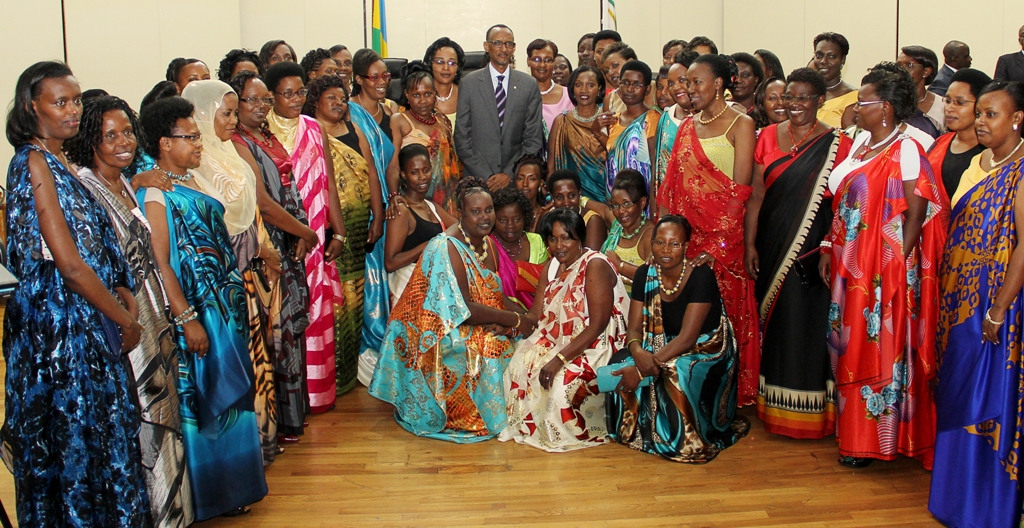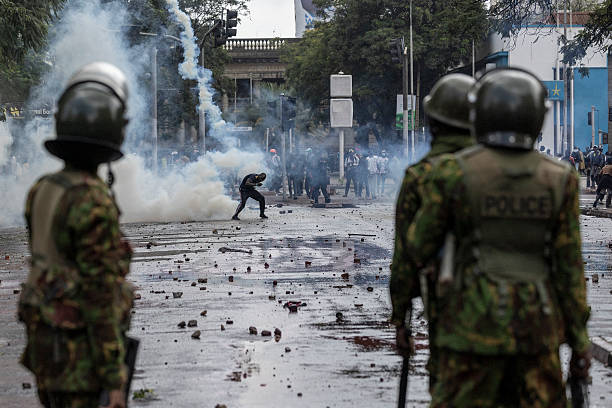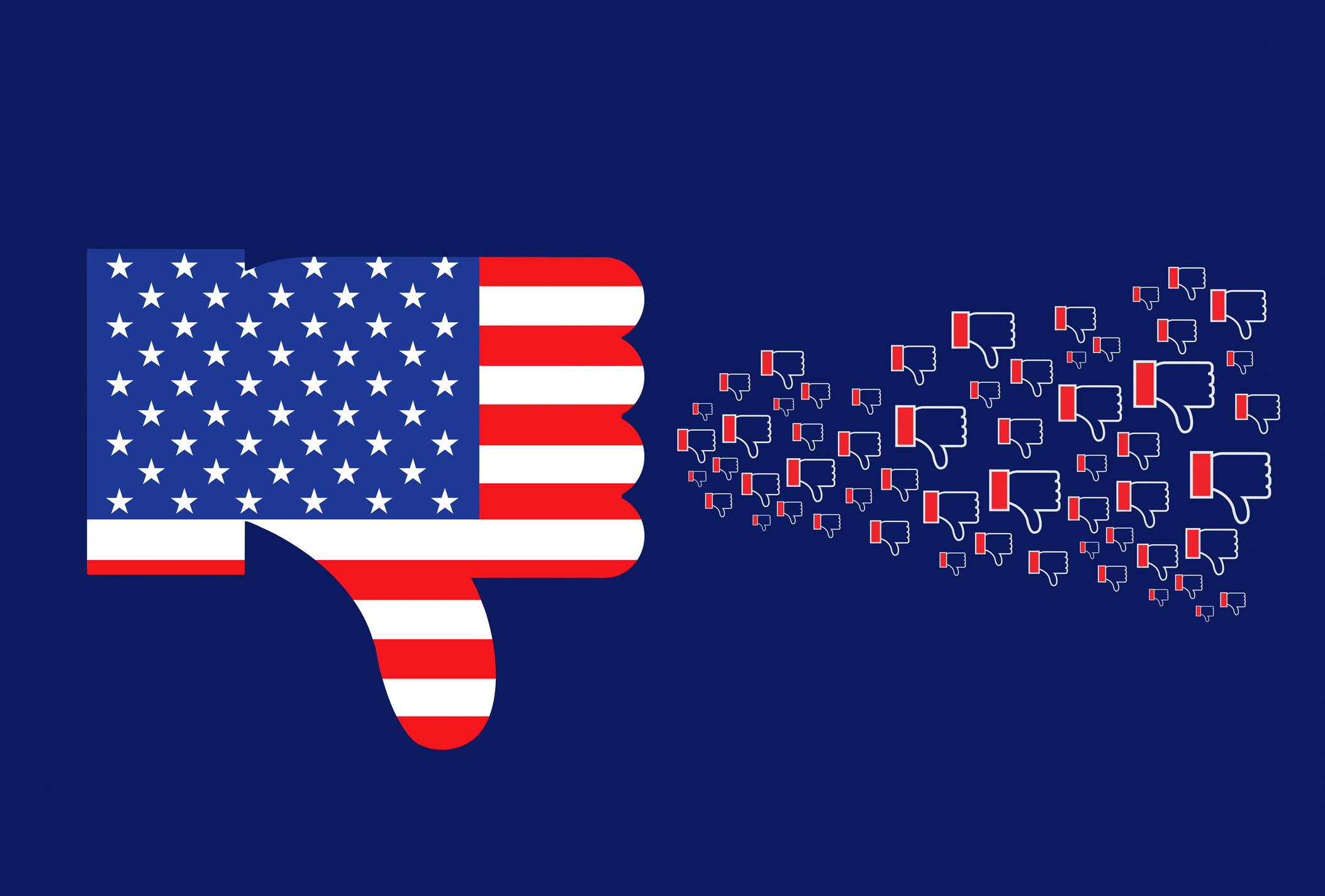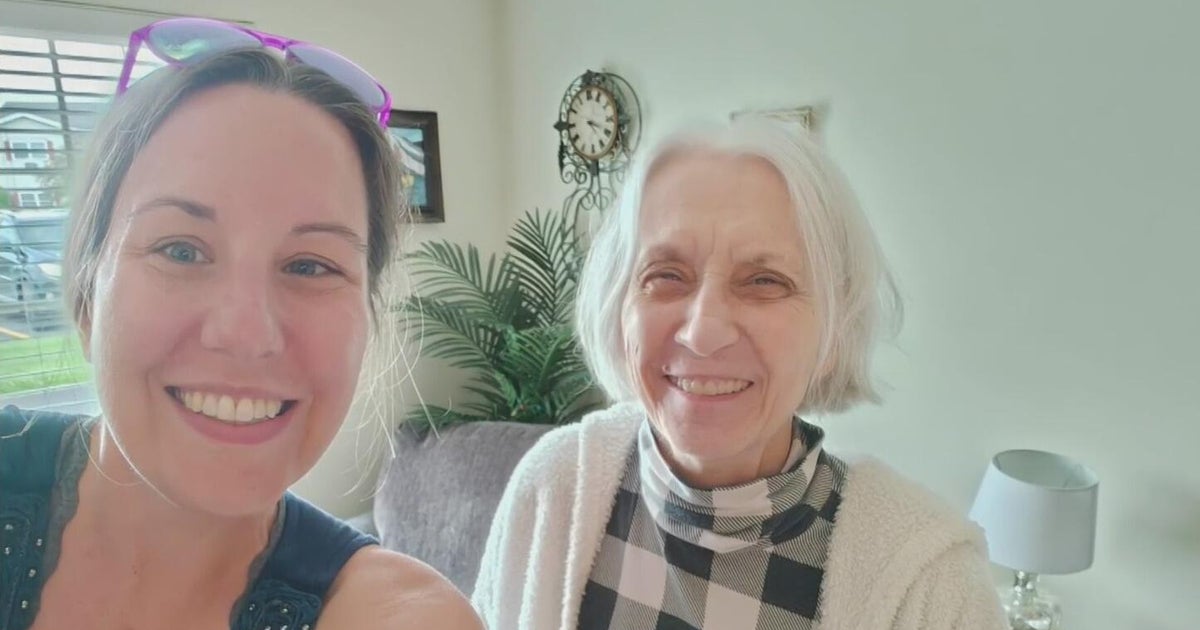Trump's Legislative Bill's Impact on Medicaid

Despite President Donald Trump's prior warnings to Republicans against tampering with vital programs like Medicaid, Medicare, and Social Security, and widespread voter opposition to such cuts, a new budget law signed by him is poised to dramatically overhaul Medicaid. This legislation, enacted following a marathon congressional session, directly contradicts Trump's previous stance and breaks his promise to make America more affordable, particularly regarding healthcare.
The newly signed law is expected to strip Medicaid coverage from as many as 15 million individuals, primarily through the imposition of work requirements on supposedly 'able-bodied' adults under 65. Critics argue these requirements create needless administrative hurdles, forcing vulnerable Americans to forgo essential medical care such as insulin, dialysis, and cancer treatments. Furthermore, the law shifts billions in Medicaid expenses onto state budgets, threatening the solvency of over 300 rural hospitals and nearly 600 nursing homes. For those who lose Medicaid coverage and attempt to purchase individual health insurance on state marketplaces, costs are projected to double.
Republicans, including House Majority Leader Steve Scalise, have falsely claimed the bill does not cut Medicaid, asserting it will ensure 'the truly disabled and needy will be able to get better access.' However, evidence from past attempts to implement similar policies during Trump’s first term demonstrates the opposite. In New Hampshire, a 2019 pilot program requiring 100 hours of work, volunteering, or schooling per month led to over two-thirds of Medicaid recipients struggling to comply due to high administrative burdens, including a faulty online reporting system, nearly causing 20,000 people to lose coverage before the state halted it. Similarly, in Arkansas, an online-only reporting portal for 80 monthly work hours in a state with limited high-speed internet access resulted in one in four Medicaid recipients losing health coverage within seven months.
Contrary to Republican assertions that work requirements will compel unemployed individuals to find jobs, data shows that nearly two-thirds of working-age adults on Medicaid are already employed. Most of the remaining third are not working due to being students, caregivers, ill, or disabled. For the 31 million working-age adults on Medicaid, the Republican budget bill will likely translate into confusing correspondence and arduous struggles with glitchy government websites, assuming they even have stable addresses and internet access.
The human cost of these cuts is substantial. Vice President J.D. Vance controversially dismissed the 'minutiae of the Medicaid policy' as 'immaterial.' Yet, experts estimate these 'immaterial minutiae' could lead to as many as 200,000 preventable deaths, as Americans lose access to crucial care, healthcare facilities close, and insurance premiums become prohibitively expensive. This stark reality underscores the profound and detrimental impact the new law will have on millions of Americans, directly contradicting previous political promises and voter expectations.
You may also like...
Should There Really Be More Women in Africa's Parliaments?

Is there actually a need for women to contribute to policies and laws in African parliaments?
Eye in the Sky: Which African Countries Own Their Own Satellites?

Which African Countries Are in Space, and Why?
The Murder of Stephen Amoah: Lessons From Ghana in Crime Scene Investigation

What progress has been made in Africa in crime scene investigation, and what can the Stephen Amoah murder case in Ghana ...
Revolution vs Reform: What Africa Really Needs

This powerful piece explores the continent’s youth-led demands for dignity, accountability, and impact. From Burkina Fas...
The Next Silicon Valley? The Rise of Africa's Digital Creator Economy

A new wave of African entrepreneurs is leveraging social media platforms, digital art, and online communities to build b...
Africa’s Unity; A Lie We Like to Tell Ourselves?

Despite decades of Pan-African rhetoric, visa restrictions, xenophobia, and protectionism continue to divide the contine...
The African Podcast Boom: How Storytelling is Redefining Media Across the Continent
.png)
African podcasts are reshaping storytelling, blending tradition with digital innovation. Explore how creators amplify vo...
Youth Rising in Nairobi: The Protest Over a Life Taken Too Soon

A new sound is rising from the streets of Nairobi—not of political slogans dictated from podiums, but of chants shaped b...




